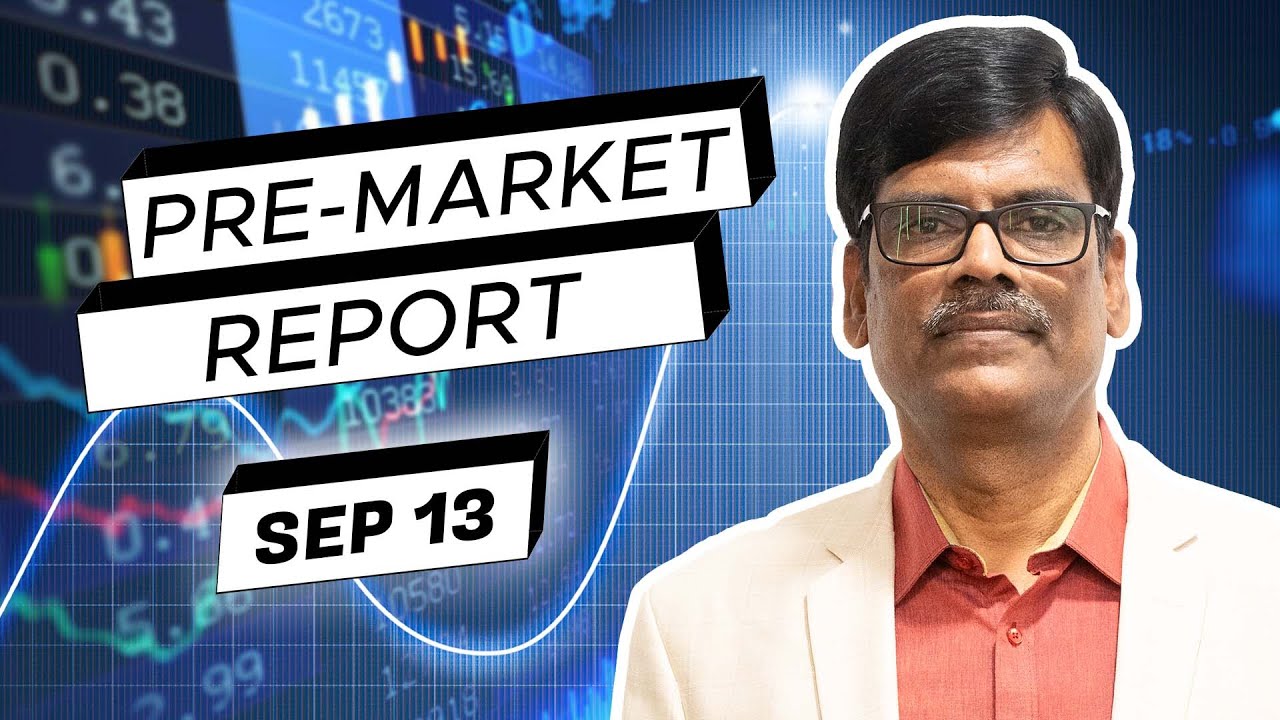Follow These 4 RULES or DON'T Become Full-Time Trader!
Summary
TLDRIn this special episode, PR Sund addresses the common query about quitting a job to become a full-time trader. He emphasizes the importance of having sufficient capital, knowledge, and a financial backup to sustain for at least six months to a year. Sund advises against leaving a job without considering the challenges and potential difficulties of re-entering the job market, especially in India. He also provides a mathematical perspective on the potential earnings from trading versus a professional job, suggesting that only if the trading income significantly exceeds the forsaken salary, should one consider becoming a full-time trader. He concludes by cautioning that trading is not suitable for everyone and encourages individuals to weigh their options carefully.
Takeaways
- 🤔 There is no one-size-fits-all answer to whether someone should quit their job to become a full-time trader, as it depends on individual circumstances.
- 💡 People often consider trading due to the perception of higher profitability or dissatisfaction with their current job.
- 🌱 The grass isn't always greener; trading comes with its own set of challenges and problems.
- 🔄 Switching back to a traditional job after a break in India can be difficult, unlike in some foreign countries where job-switching is more common.
- 💼 Before quitting, consider having sufficient capital, knowledge, and a financial buffer for at least 6 months to a year.
- 💰 Avoid having loans or ensure other sources of income to service them, as stock market returns are variable and not reliable for fixed expenses.
- 📈 A realistic expectation for returns on trading capital is around 30-40%, with higher returns being unlikely without exceptional circumstances.
- 📊 The decision to become a full-time trader should consider the potential difference in income compared to a professional job.
- 🏦 Part-time trading or leaving trading to a professional can be viable options without the need to quit a job.
- 📉 Trading is not for everyone, and many people who leave high-paying jobs to trade have ended up in worse situations.
- ⚠️ The speaker's advice is to continue the job unless one is confident and sure about the benefits of trading over their current salary.
Q & A
What is the main topic of the video script?
-The main topic of the video script is the consideration of quitting one's job to become a full-time trader and the factors one should consider before making such a decision.
Why does the speaker suggest that there is no direct answer to whether someone should become a full-time trader?
-The speaker suggests that there is no direct answer because it depends on various individual factors such as financial status, savings, expenses, and background, which are not known to the speaker.
What are the two main categories of people who typically ask about becoming a full-time trader?
-The two main categories are those who believe trading is more lucrative than their current job and those who are fed up with their current job and believe trading could offer a better life.
What is the speaker's advice for someone who is considering leaving their job to become a full-time trader?
-The speaker advises that one should have sufficient capital, knowledge, a financial backup for at least 6 months to a year, and no significant loans or other sources of income to service existing loans.
Why does the speaker mention that it might be difficult to return to a job after leaving for trading?
-The speaker mentions that it might be difficult because job markets, especially in India, may not be as flexible as in foreign countries, and there could be a perception that someone who has been away from a job for a while is not as valuable.
What is the speaker's view on the potential returns from trading with a capital of 1 crore?
-The speaker believes that with a capital of 1 crore, one could expect a decent return of maximum 30-40%, and anyone claiming to make more than that is likely not being truthful or is in a very exceptional position.
What is the mathematical comparison the speaker makes between trading full-time and leaving trading to a professional?
-The speaker compares the potential earnings from trading full-time (40 lakh rupees) with the earnings from leaving trading to a professional (30 lakh rupees), highlighting the difference of 10 lakh rupees as a key factor in the decision.
Why does the speaker generally advise against quitting a job to become a full-time trader?
-The speaker advises against it because when someone is unsure and asking for advice, it indicates a lack of confidence in their trading abilities, and the speaker believes it's safer to continue the job.
What alternative does the speaker suggest for those interested in trading but not ready to quit their job?
-The speaker suggests part-time trading or leaving the trading to a professional, especially in long-term options which do not require daily attention.
What is the speaker's final piece of advice for people considering a full-time trading career?
-The speaker's final advice is to talk to people who have left their jobs for trading, consider the potential loss of salary, and ensure that the potential gains from trading significantly outweigh the loss of a steady income.
Outlines

Этот раздел доступен только подписчикам платных тарифов. Пожалуйста, перейдите на платный тариф для доступа.
Перейти на платный тарифMindmap

Этот раздел доступен только подписчикам платных тарифов. Пожалуйста, перейдите на платный тариф для доступа.
Перейти на платный тарифKeywords

Этот раздел доступен только подписчикам платных тарифов. Пожалуйста, перейдите на платный тариф для доступа.
Перейти на платный тарифHighlights

Этот раздел доступен только подписчикам платных тарифов. Пожалуйста, перейдите на платный тариф для доступа.
Перейти на платный тарифTranscripts

Этот раздел доступен только подписчикам платных тарифов. Пожалуйста, перейдите на платный тариф для доступа.
Перейти на платный тариф5.0 / 5 (0 votes)






